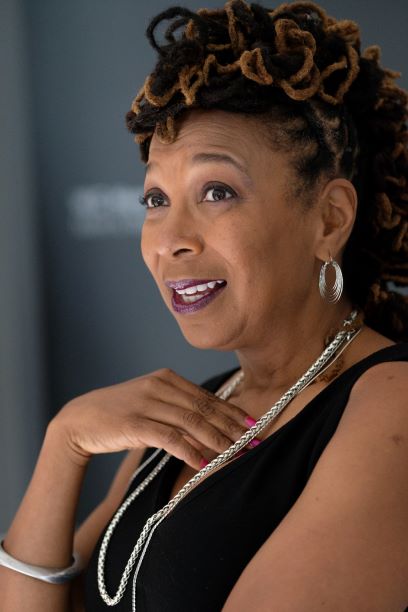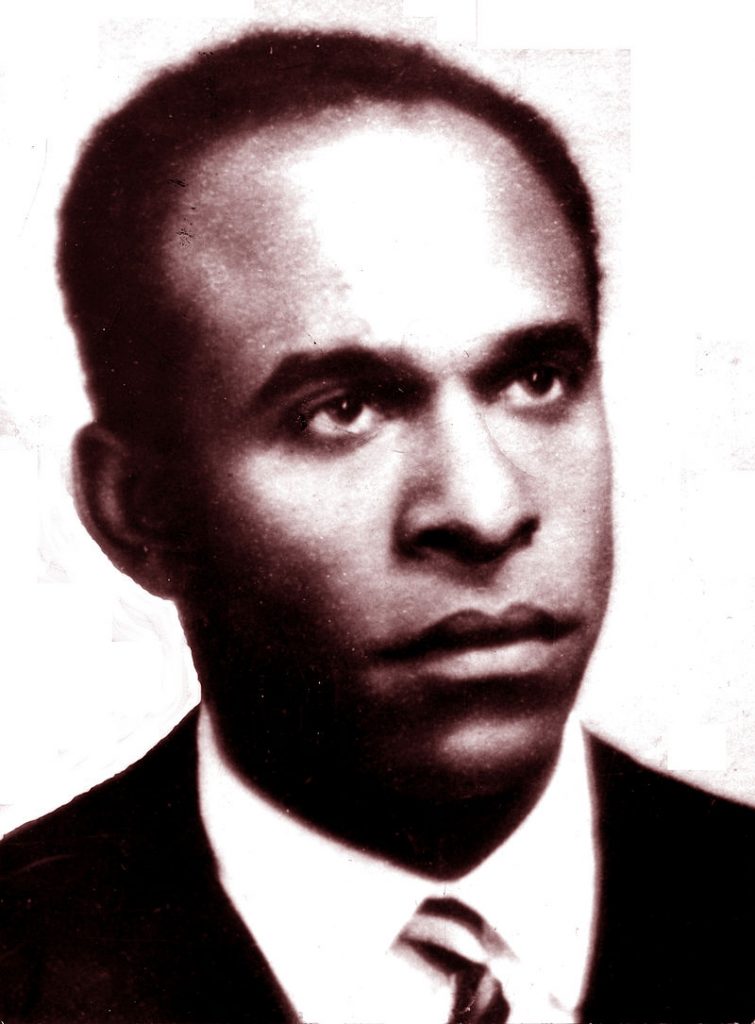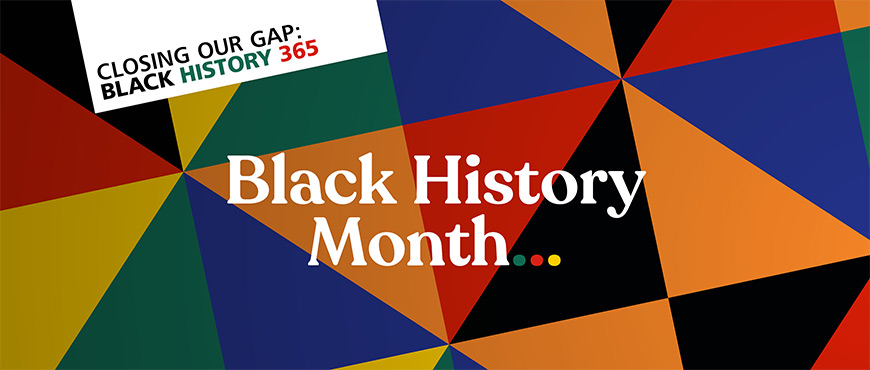A review of how the Politics and IR programme has celebrated Black History Month.
We fully support CCCU’s Black History 365 campaign and agree that Black History should not be relegated to tokenistic mentions once a year. We continue to renew our curriculum materials to incorporate the work of Black academics and themes which reflect a fully global view of humanity and politics. Nevertheless, October remains a great opportunity to amplify Black voices and remind students of important events in history and politics which shape our world today.
This year many lecturers restructured their teaching schedules to include sessions on racism, social justice, representation and colonialism in October. Students were engaged and enthused by debates and discussions and below are some examples of the topics covered:
Power Politics and the State (Level 4): A session on racism and colonialism which focused on institutional racism and white privilege as well as a debate about the best ways to learn about and acknowledge Britain’s history of colonisation and empire.
Contemporary Political Theory (Level 5): A session on post-colonial approaches which challenge many of the basic assumptions of liberal philosophy – including the universality of liberal rights discourse(s). Students discussed how such discourses serve those in power, and indeed degrade those without.
Global Ethics (Level 5): This module really embodies the spirit of Black History 365 as it deals with a wide range of relevant themes including Global Poverty, Ethics of Foreign Aid, Justice and Representation. One important session in October was Global Justice which examined Rawls’s theory of justice via an imaginative re-reading and revision to Martin Luther King’s ‘I have a dream’ speech.
Theories of International Relations (Level 5): A session on Colonialism and Post-Colonial theories where students examined the imprint colonialism has left in the world and how this has informed the Black Lives Matter movement.
Parliamentary Studies (Level 6): Parliamentary Studies (Level 6): A session on diversity in Parliament. Students researched the backgrounds of a variety of MPs and we discussed what representation means, and why a diverse Parliament is important for democracy.
Contemporary Security (Level 6): The work of Kimberlé Crenshawe on intersectionality was analysed to demonstrate how this important contribution to academic knowledge has shaped wider debates about Constructivist approaches to security than relating to racism alone.
Research methods 1 (MSc): A session on qualitative research which drew attention to the origins of social science research using examples from journals from the late 19th and early 20th century. The session included discussions of imperialism, social Darwinism and scientific racism in the early 20th century.
Advanced Principles in IR (MSc): A session on Colonialism and its enduring legacies. The session included a close reading of Frantz Fanon’s The Fact of Blackness and this was followed by a lively discussion of the blind spots and erasures of Black History in the study of International Relations.

Kimberlé Crenshawe 
Frantz Fanon
Fanon: Pacha J. Willka Foto de dominio público mejorado en pjwproductions
 Politics
Politics Laura Cashman
Laura Cashman 1274
1274


